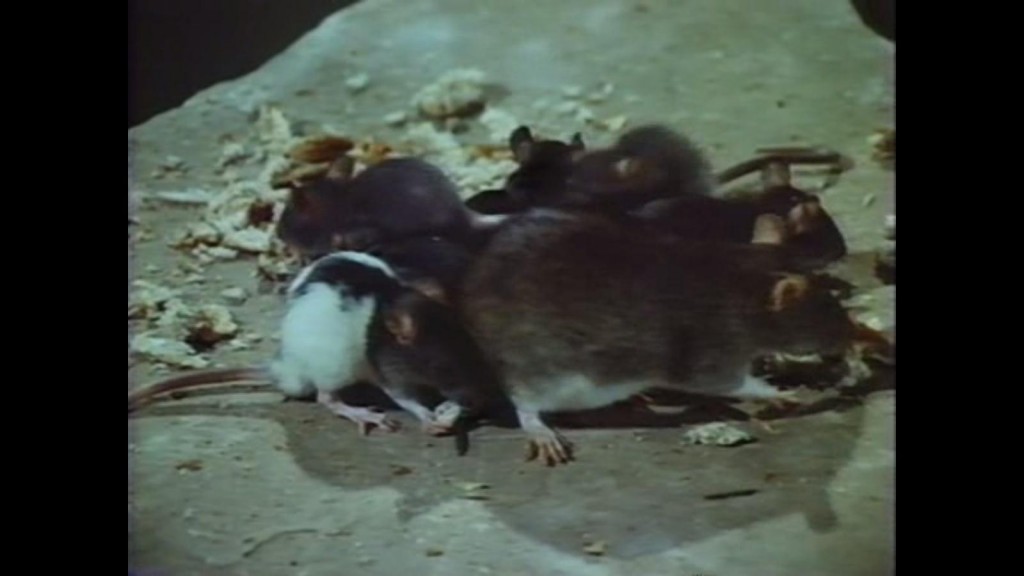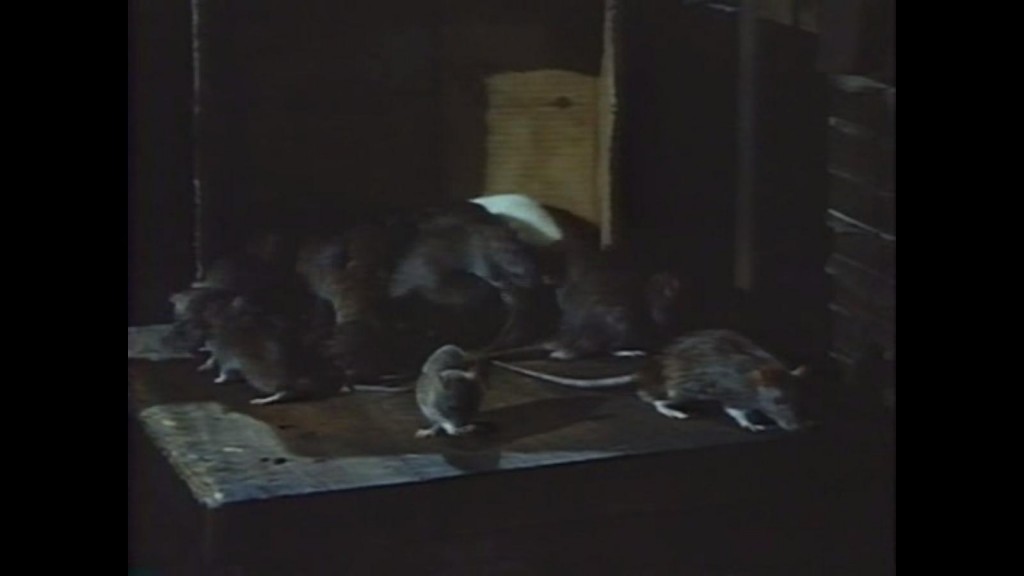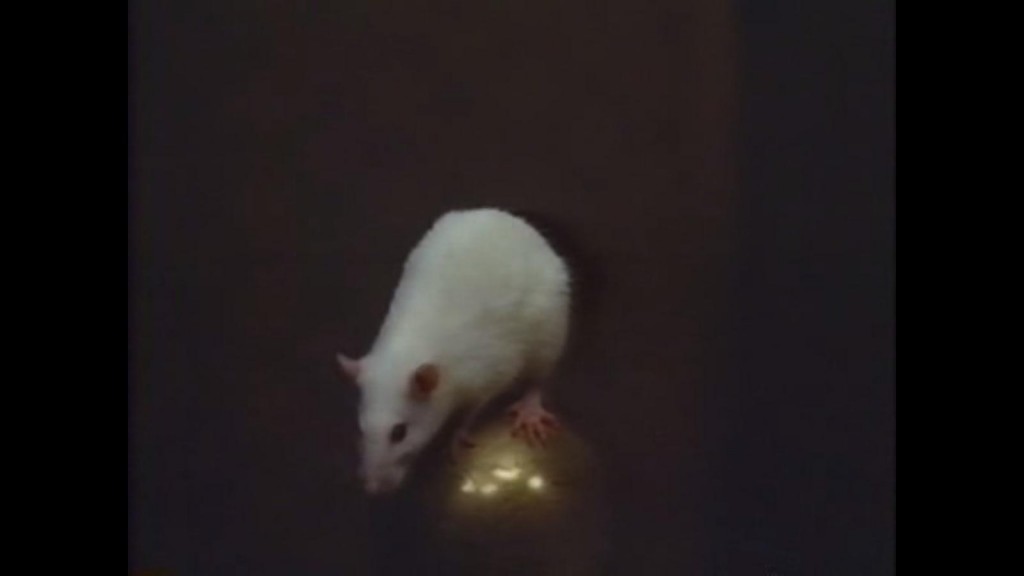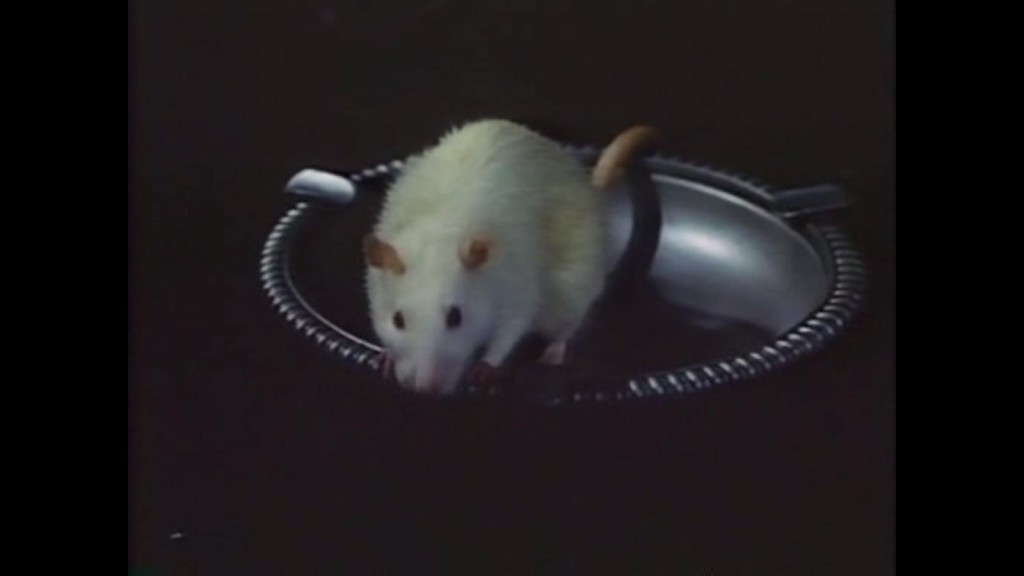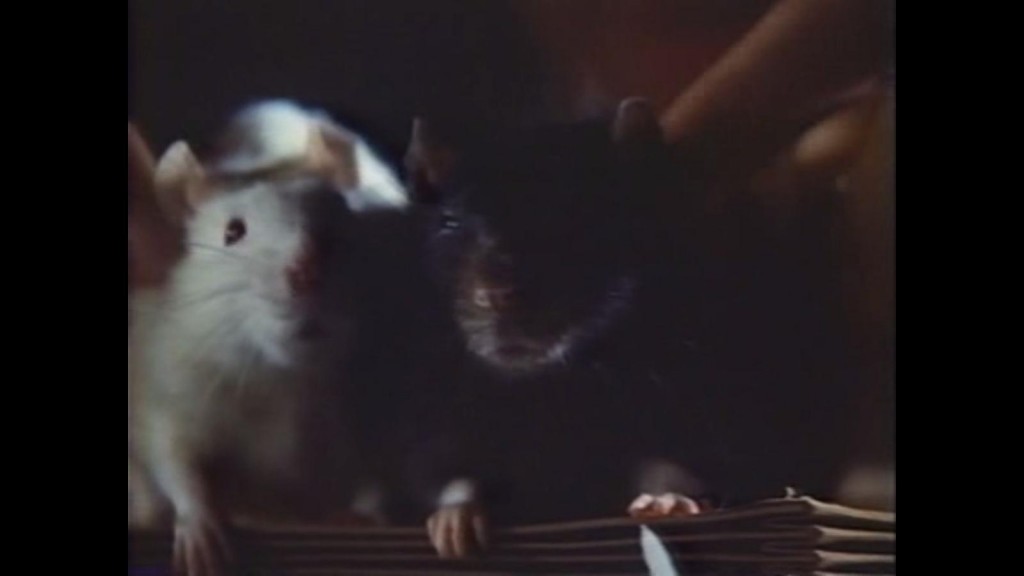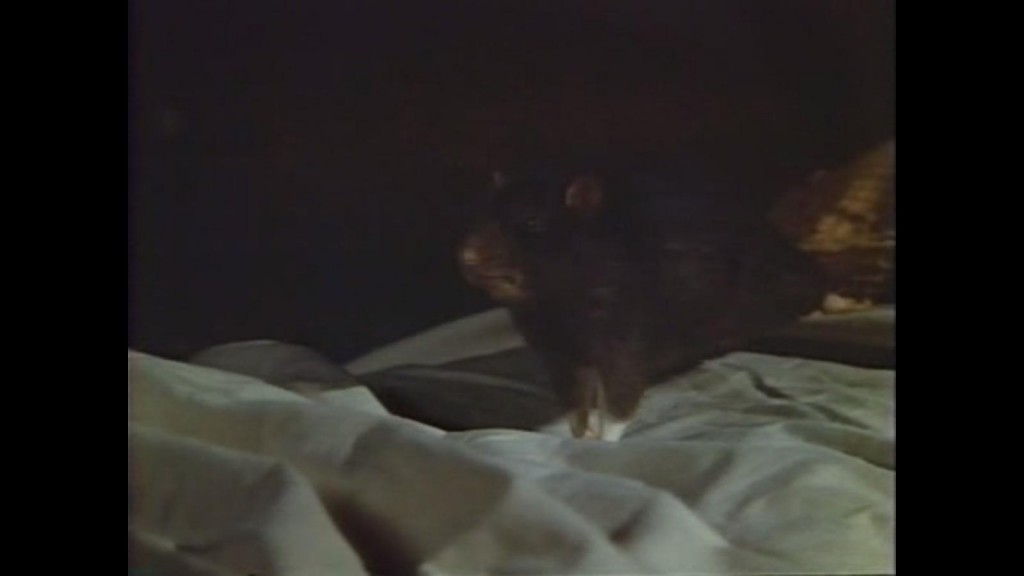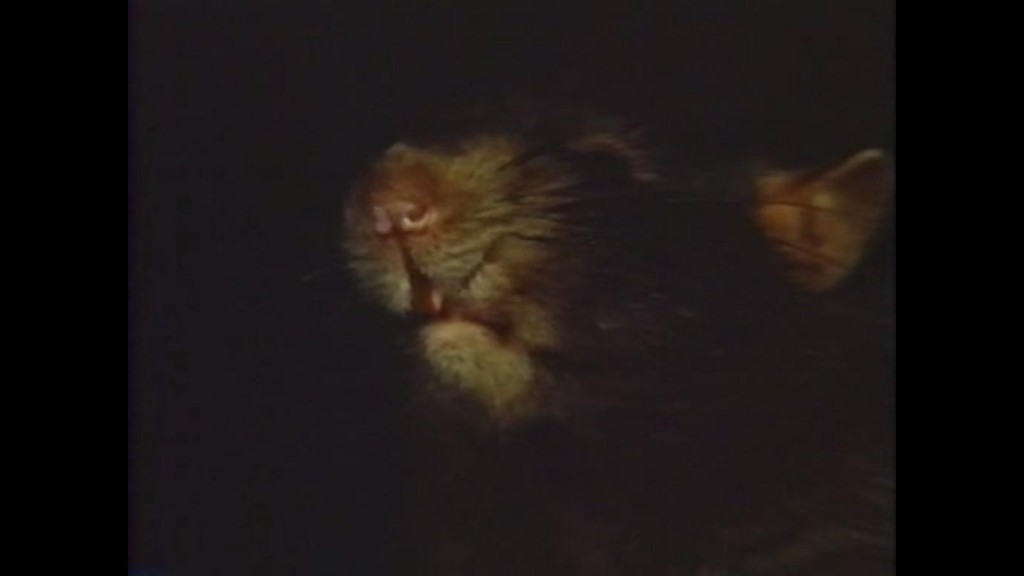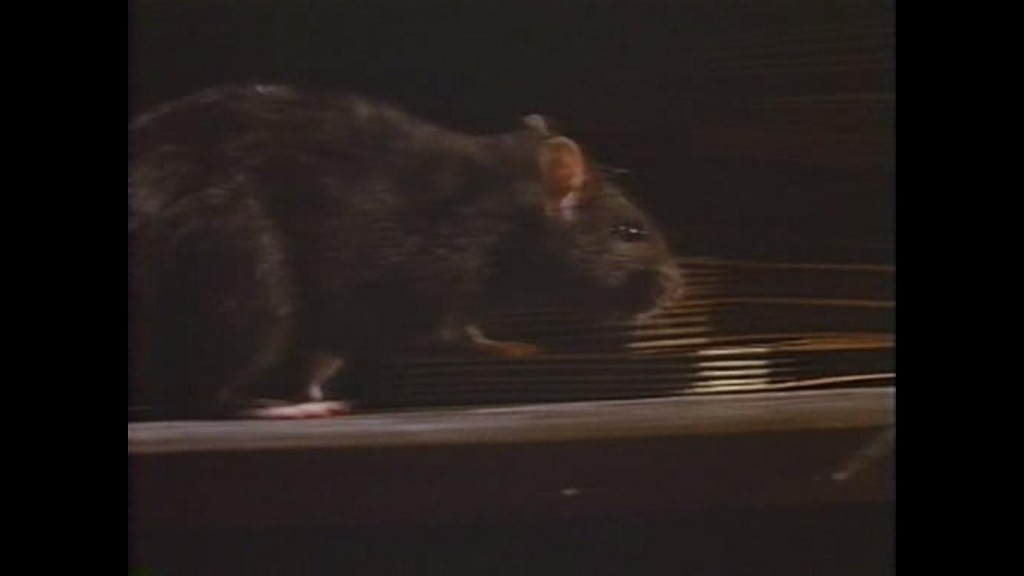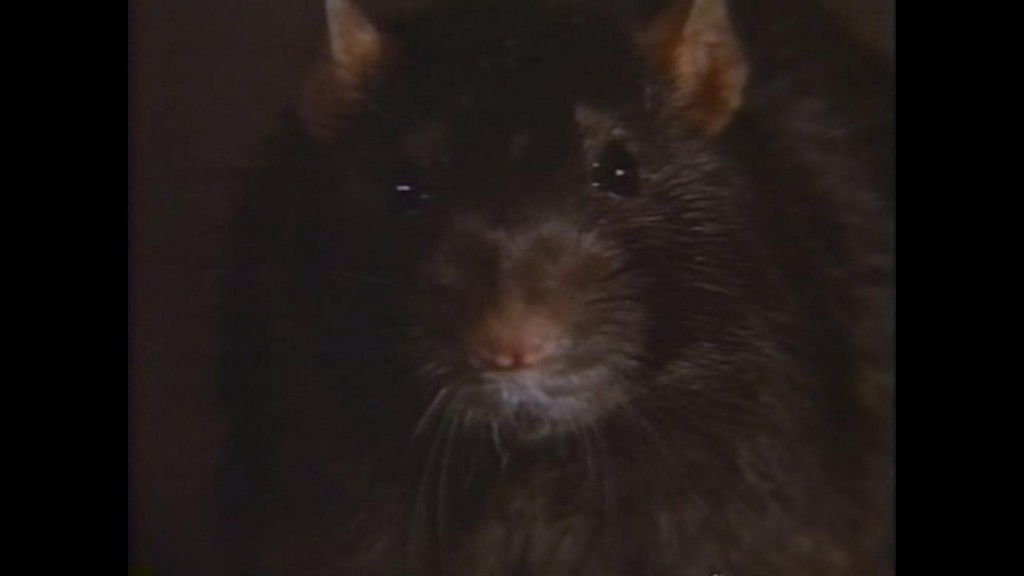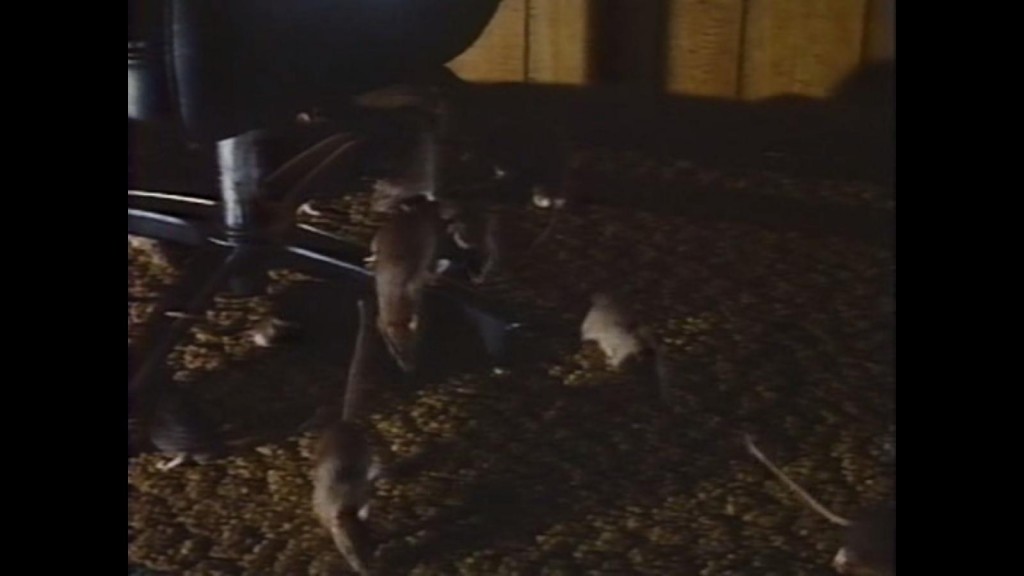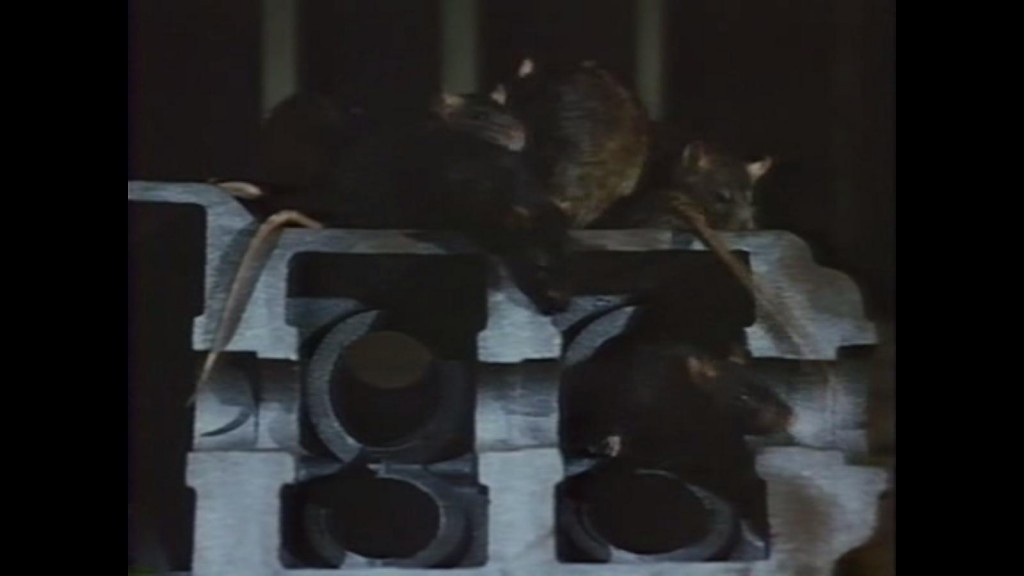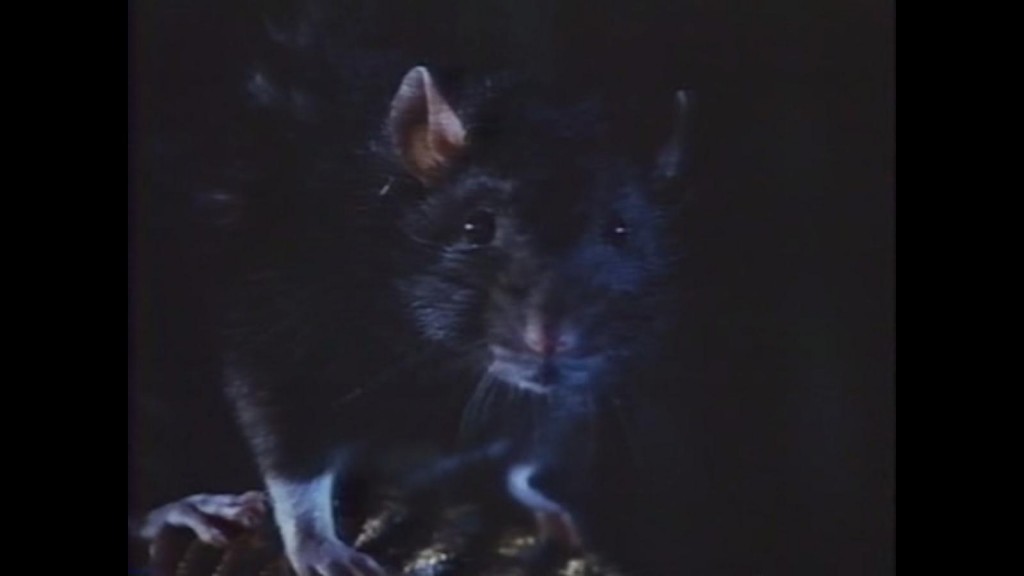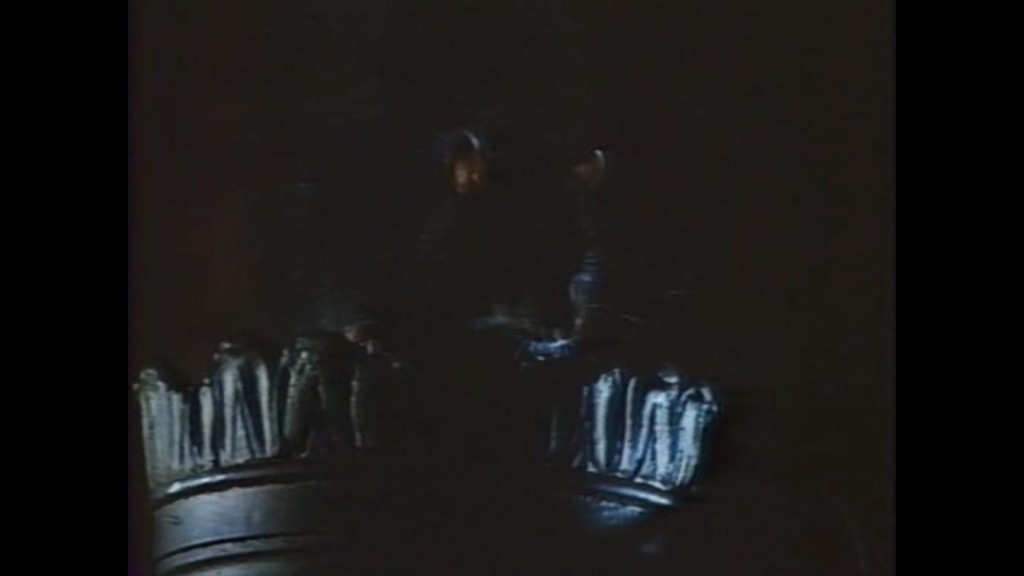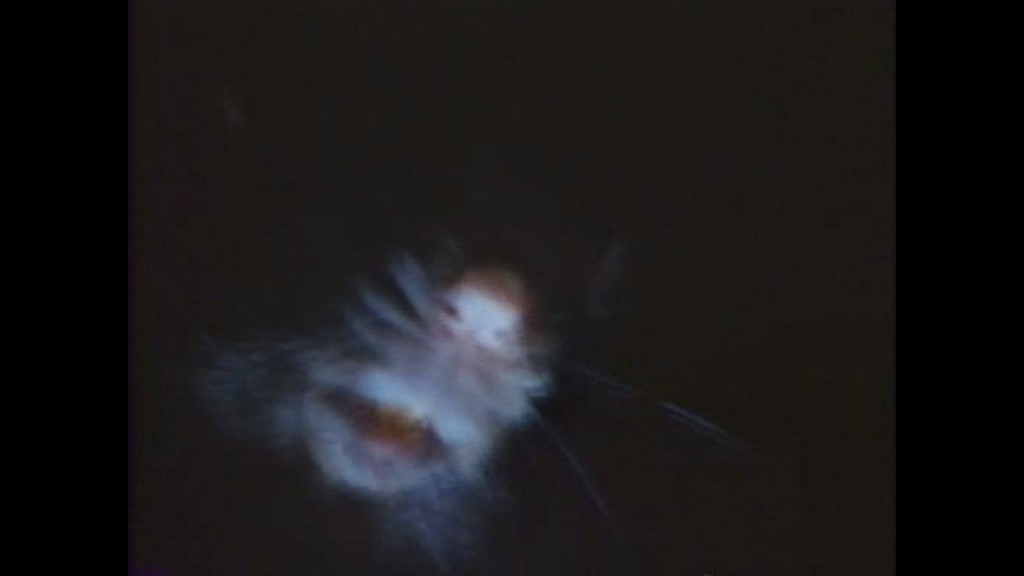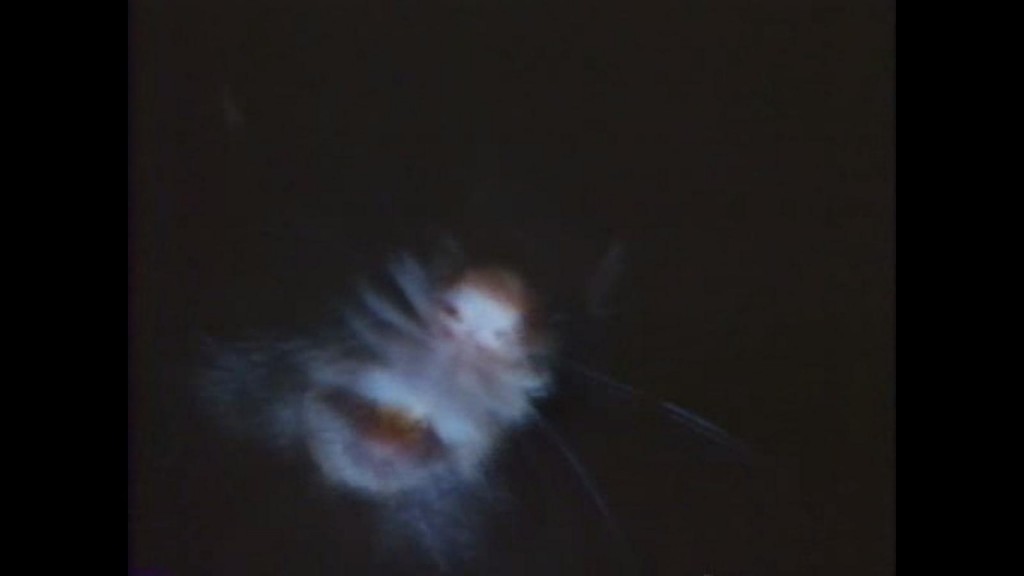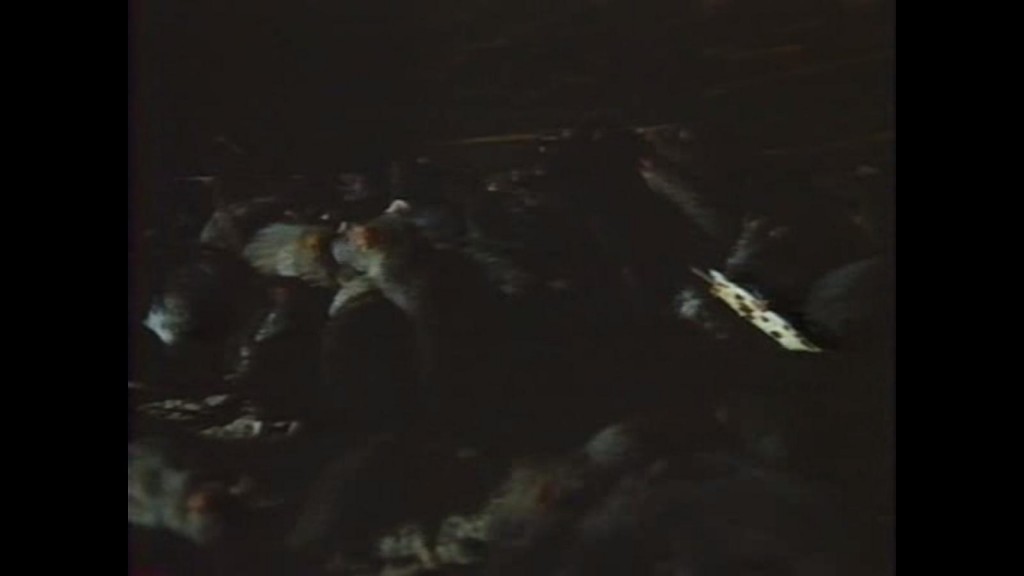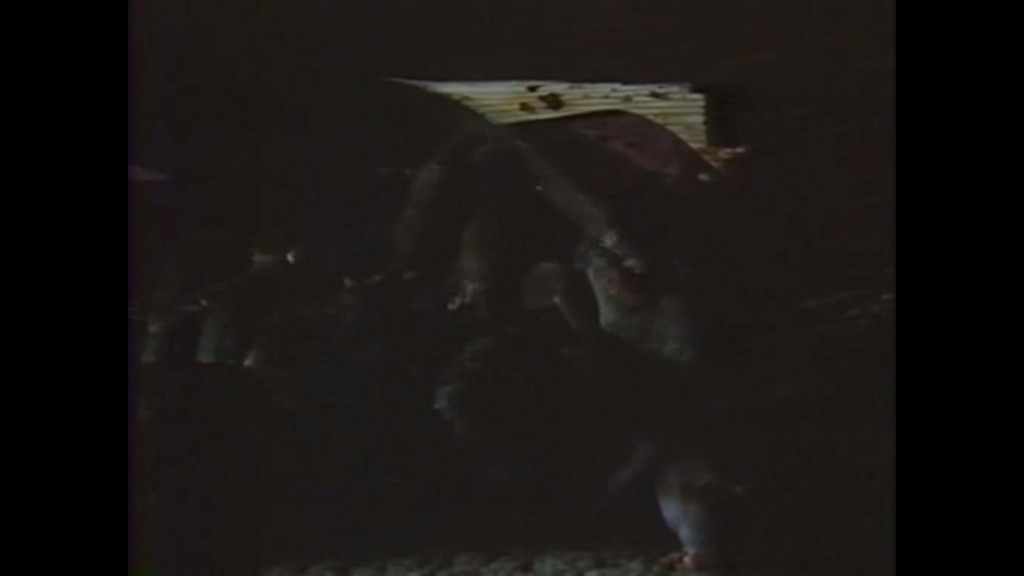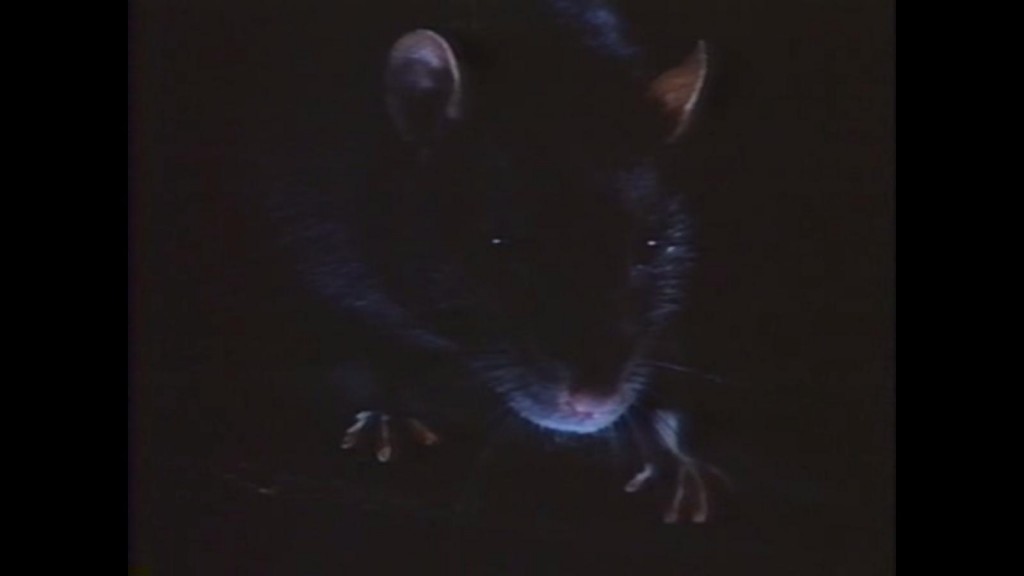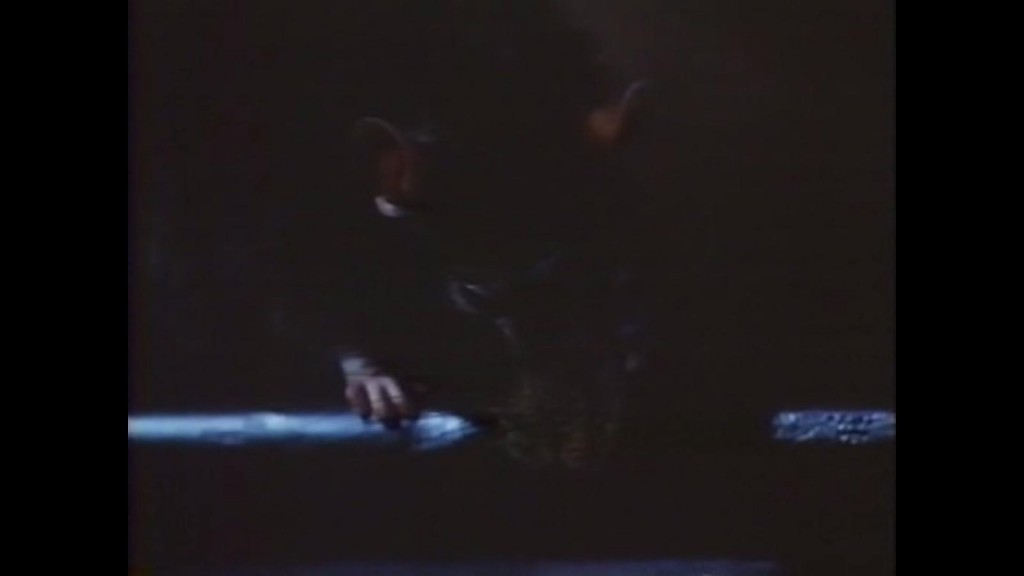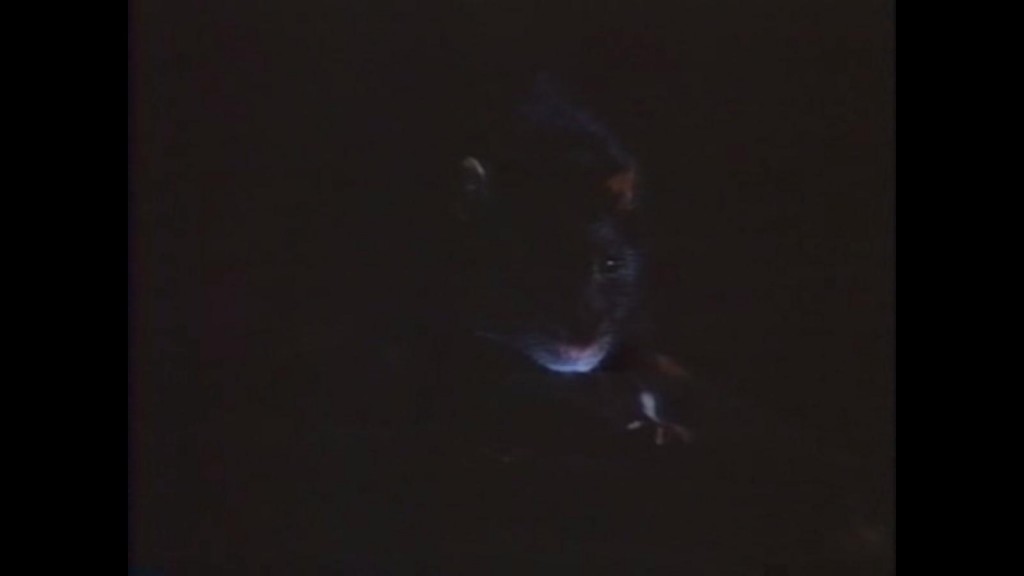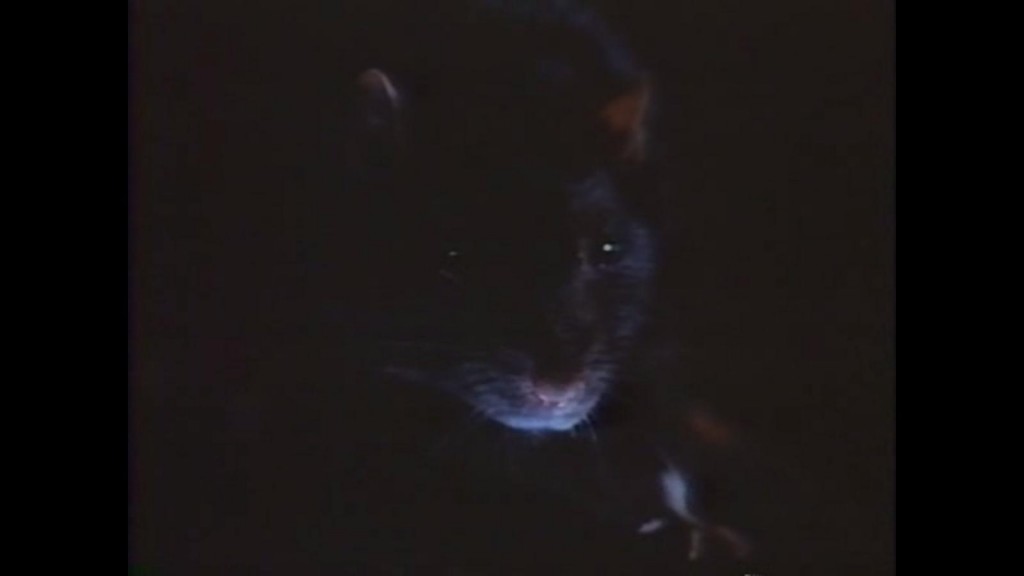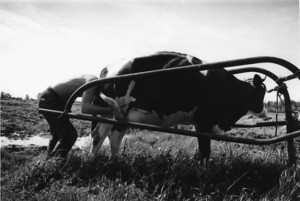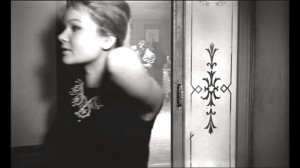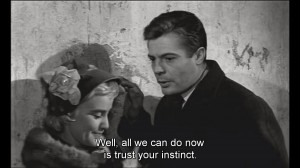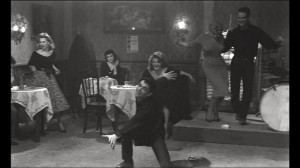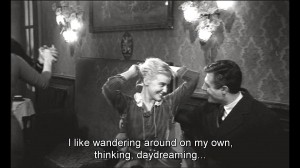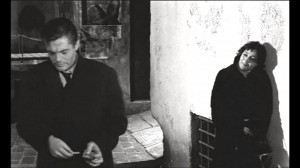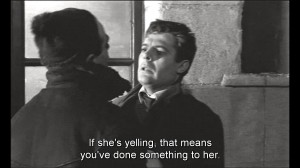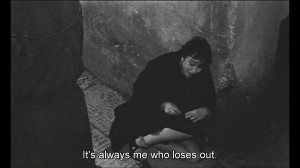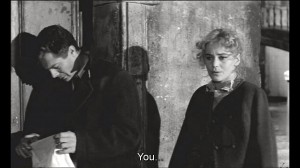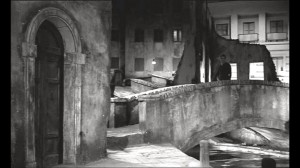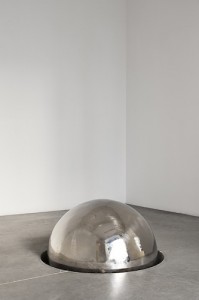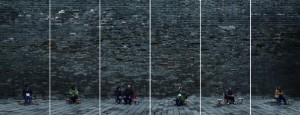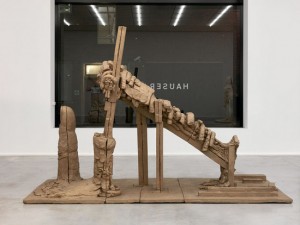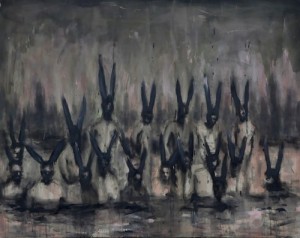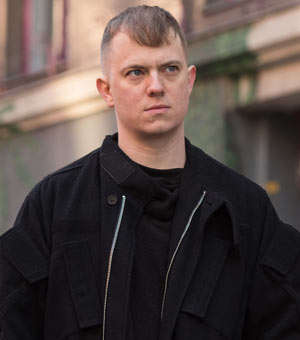Dragmag
by Travis Jeppesen on December 9, 2012
A new issue of the London-based art occasional Dragmag is now available for free (!) in some of the city’s dandiest galleries, pick-ups, kinos, boutiques, and cultural venues.
It may even include a piece of writing by yours truly.
Get yours fast before they disappear!
Satanica
by Travis Jeppesen on November 29, 2012
The premiere issue of Satanica, a limited-edition mag edited by Gio Black Peter and Christopher Stoddard, will include an excerpt from my novel The Suiciders, forthcoming from Semiotext(e) in 2013, as well as an interview I conducted with Susanne Oberbeck of No Bra.
Copies can be ordered online at http://satanicamag.com/.
Call for papers: Aliens & Anorexia: A Chris Kraus Symposium
by Travis Jeppesen on November 28, 2012
The Critical Writing in Art & Design programme at the Royal College of Art is pleased to announce the first conference on the work of the American writer Chris Kraus, to take place in London on 13-14 March 2013. Alongside presentations of new interpretations of Kraus’s work, the conference will include a reading by the author of some of her writings, an on-stage interview and screening of her films.
We are interested in receiving proposals for both academic and non-academic papers on any aspect of Chris Kraus’s work, or the themes with which it engages, as well as performative/multimedia responses to her work. We are particularly interested in the following areas:
- Kraus as novelist: Papers that specifically address aspects of Kraus’s novels I Love Dick, Aliens & Anorexia, Torpor, and Summer of Hate.
- Kraus as intellectual historian: Kraus’s writing blurs traditional delineations of “fiction” and “nonfiction,” eliciting portraits of such seminal figures as Sylvere Lotringer, Félix Guattari, Simone Weil, Nan Goldin, and William Bronk, to name but a few. Alternately, one might suggest that Kraus uses her work to validate gossip as a serious artistic practice, aligning her endeavor with that of a number of queer and feminist practitioners such as Vaginal Davis, Wayne Koestenbaum, and Dodie Bellamy.
- Kraus as post-feminist philosopher: As Eileen Myles wrote about I Love Dick, “Chris’s ultimate achievement is philosophical. She’s turned female abjection inside out and aimed it at a man. As if her decades of experience were both a painting and a weapon. As if she, a hag, a kike, a poet, a failed filmmaker, a former go-go dancer—an intellectual, a wife, as if she had the right to go right up to the end of the book and live having felt all that. I Love Dick boldly suggests that Chris Kraus’s unswervingly attempted and felt female life is a total work and it didn’t kill her.”
- Kraus as critic: Papers that explore Kraus’s engagement with the contemporary art world, including the art-critical aspects embedded in her fiction. We are also interested in papers that contextualize Kraus as one of the chief proponents of the emerging field of critico-fiction (alongside such figures as Lynne Tillman, Brian Dillon, Maria Fusco, Tom McCarthy, and Eileen Myles.)
- Kraus as editrix: While Semiotext(e) is widely acknowledged for having introduced “French theory” into American academia in the 1980s, Kraus’s “Native Agents” series, which proposed a parallel trajectory of radical fiction writing, has seldom been considered. We are interested in critical and historical accounts of Semiotext(e) that focus on Kraus’s ongoing contribution to the project.
- Kraus as filmmaker: In Aliens & Anorexia, Kraus presents a somewhat brutal self-assessment of her previous career as a failed filmmaker. If anything, her early film work failed to find a major audience. In recent years, however, as a result of her success as a writer, a revival of interest in her films has been spawned, with major screenings in New York and Los Angeles. Now is the time for a critical reckoning of Kraus’s films, which can potentially be posited within the dialectics of failure.
Please submit a 300 word proposal and short biographical statement to cwad@network.rca.ac.uk. If you plan to present your work in a performative / multimedia format, please indicate the nature of any equipment required. The deadline for proposals is 15 January. Invitations to participate will be made at the end of January. The organizers of this symposium are not able to support the travel or accommodation costs of participation.
Willard (1971): Two Takes
by Travis Jeppesen on November 22, 2012
- The Deleuzo-Guattarian Take
(Translation by Brian Massumi)
I recall the fine film Willard (1972, Daniel Mann). A “B” movie perhaps, but a fine unpopular film: unpopular because the heroes are rats. My memory of it is not necessarily accurate. I will recount the story in broad outline. Willard lives with his authoritarian mother in the old family house. Dreadful Oedipal atmosphere. His mother orders him to destroy a litter of rats. He spares one (or two or several). After a violent argument, the mother, who “resembles” a dog, dies. The house is coveted by a businessman, and Willard is in danger of losing it. He likes the principal rat he saved, Ben, who proves to be of prodigious intelligence. There is also a white female rat, Ben’s companion. Willard spends all his free time with them. They multiply. Willard takes the rat pack, led by Ben, to the home of the businessman, who is put to a terrible death. But he foolishly takes his two favorites to the office with him and has no choice but to let the employees kill the white rat. Ben escapes, after throwing Willard a long, hard glare. Willard then experiences a pause in his destiny, in his becoming-rat. He tries with all his might to remain among humans. He even responds to the advances of a young woman in the office who bears a strong “resemblance” to a rat – but it is only a resemblance. One day when he has invited the young woman over, all set to be conjugalized, reoedipalized, Ben suddenly reappears, full of hate. Willard tries to drive him away, but succeeds only in driving away the young woman: he then is lured to the basement by Ben, where a pack of countless rats is waiting to tear him to shreds. It is like a tale; it is never disturbing.
It is all there: there is a becoming-animal not content to proceed by resemblance and for which resemblance, on the contrary, would represent an obstacle or stoppage; the proliferation of rats, the pack, brings a becoming-molecular that undermines the great molar powers of family, career, and conjugality; there is a sinister choice since there is a “favorite” in the pack with which a kind of contract of alliance, a hideous pact, is made; there is the institution of an assemblage, a war machine or criminal machine, which can reach the point of self-destruction; there is a circulation of impersonal affects, an alternate current that disrupts signifying projects as well as subjective feelings, and constitutes a nonhuman sexuality; and there is an irresistible deterritorialization that forestalls attempts at professional, conjugal, or Oedipal reterritorialization. (Are there Oedipal animals with which one can “play Oedipus,” play family, my little dog, my little cat, and then other animals that by contrast draw us into an irresistible becoming? Or another hypothesis: Can the same animal be taken up by two opposing functions and movements, depending on the case?)
- The Object-Oriented Take
Rats. Mother doesn’t want to eat them. He wears a tie and nearly got run over. Bus moves on without him. Whole idea of situational agency. At least he has a mansion to go home to each night.
Clock always says the wrong time. Old people are here to help you celebrate yr birthday. A porn version of the movie Willard, rats and all…
Willard is basically an extrovert, only it’s all inside.
American tradition of infantilism lives on into old age. He sees a rat when he’s crying. Rat talks to him; at first he’s scared, but then he sees it’s the truth. Rat truth. Rat becomes his best friend, his lover. Mama the cripple don’t like no rats. She wants family drama played out her way and her way only. Mother demented in her Oedipal fascination. Son is the only thing she has left to keep her pussy wet. As soon as she is done controlling him, she will wilt over and die.
Willard missed the bus again. Willard has blonde hair. Willard sees the rats and falls in love. The big one will be his boyfriend.
The rat asks Willard a question. Why did you try to kill me? Willard runs back to his mom. He lies to his mom that the rats are dead. Willard needs a wife, she says.
Squeaky rat has no friends, so Willard taught it how to speak. Willard doesn’t need society; he has the rats. He calls the white one Socrates. Willard will become Plato. Mother suspicious that her son might be a masturbator. There is something in his pocket, she notes. He denies it. Mother can’t see Willard’s rattail.
The rats keep getting bigger and bigger. Bigger in number and bigger in size. Down in the basement, a whole colony starts up. The boss at work is a corrupt old fucker. Can’t keep his hands off the secretary. Keeps picking on Willard, whose family started the goddamn company decades ago.
Willard doesn’t know much about fucking. His mom would never let him, even though he’s twenty-seven. Boss wants to buy his mansion. Willard no longer has a father.
Being a capitalist is so horny. Willard trains the rats to kill. Rats in the party of the capitalists. Rats cause chaos and chair smashing. Rats undermine the sanctity of the State. Rats inside your mother’s pussy, squealing. As soon as Willard’s mother dies, he is set free.
Willard in the mansion, crying. Becoming-rat. Now that mother’s finally dead, he can let the rats take control.
The rats are inside Willard’s mind. That is why they gradually come to comprise the whole of this reality. To make a rat bite, you first have to teach it what a body is. Willard lying in dead mother’s bed. Come on, says Willard to his favorite white rat, we have a lot to do.
Willard doesn’t get no cash from his mom’s death. All he gets is the mansion and her clothes. (This sounds promising for any number of reasons.) Old people, reeking of death, descend upon the funeral party…Scene of gluttony makes Willard sick. He goes and tells the rats something. The rats have no monetary system.
Usurpers have no dreams; only greed. Willard teaches rat to defecate in the ashtray. The rats slowly take over the mansion. Willard, charmed, doesn’t want to control anything. He lets the rats crawl all over him when he’s lying in bed at night. He promises them that he’ll take them into the office with him one day.
One girl at the office thinks she understands. She can’t help it, she is a blatant heterosexual. Willard wants to let her in, she is blonde too, but he cannot let the rats out. Willard has his work to do. He hates bourgeois society. Blonde girl tries to ruin him by buying him a cat. She will never become the rat woman of his dreams. Like everyone else, she is out to kill every dream he has ever had.
Willard can’t make the rats stop breeding. They are invading his ego. He’s going to lose the house. Even though he is starting to hate them, he feeds them anyway. The rats are all he has.
Die usurper die. Crucifixes and capital. Everyone wants to take Willard’s house away. Even the man at the morgue won’t pay. The capitalists in the office wave their cash around. Willard dreams of primitive society. Willard’s rats are going to rob them.
The rats suddenly appearing everywhere. Rats trained to gnaw on capitalists’ genitals. Rats as big as a man, says the L.A. Times. The rat isn’t supposed to be in the bedroom. But he always wants to be. Willard gives him a pencil to chew on. Willard will find a solution to other people’s problems. Then the other people will stop bothering him.
More rats than people in this world. Let socius rot. The capitalist kills Willard’s best friend. The rat is mad that his friend died. Willard says there was nothing he could do. The rat knows what his options are.
When he’s not talking to the rats, Willard yells at his dead mother. I’ll give you a reason to die tonight. There’s no money in this house. Socrates is dead, so are mom and dad. All killed by the capitalists. Willard makes the decisions now. There are more rats than choices.
Late at night, when the boss is all alone, Willard brings the rats into the office. They’ll do anything Willard wants – all he has to do is snap his fingers. Blurred vision produces more rats. The floor is covered with them; rats have no values. The rats will teach the capitalist a lesson. Rats in the capitalist’s eyeballs. They tear him up, get inside of him. Crashes through the light, falls out the window. Rats can read also. The rats will always find a solution to the human problem.
(No symbols where none intended.)
Oleg Kulik
by Travis Jeppesen on November 9, 2012
“Traversing the grayish tormented geography of the bucolic motherland via these bestial encounters, I was eventually led to question whether I myself could ever be so compelled by nature as to risk suffocation by inserting the entirety of my head inside a cow’s vagina in order to imbue that noble beast with a few moments of wanton soil-kneading satisfaction. If such cerebral probing is not indicative of the ultimate purpose of art in all its higher manifestations, I don’t know what is.”
Le Notti Bianche
by Travis Jeppesen on October 18, 2012
He walks through the streets of the city, having just arrived, lost, a stranger. Walks across a bridge grayishly illumined, staring up at a lonely lit window. Dog’s nose in the garbage. His wanderings appear aimless in the nameless night, but every fold has its trajectory – woman on another bridge crying. Motorcycle man fuck off. I can’t leave you alone in your loneliness. She can’t pull herself out of the night; she is a lion in it, attached to a rope. Returning from a long journey is never too soon. Voices overheard in the rooming house. Slavs! Desire for a second childhood. Potential romance gives rise to narrativization of past romance. Each harbors own mystery; mystery where ownership established. I love you, I love you: walking. The city’s perpetual nightscape permanently stained by memory, love lost never to be regained, damned nostalgia-dwellers in the shadows of the ruins. Can another be the arranger of one’s lust? He is a man with no problems. White (k)night. Second woman enters as blatant seduction vehicle. Hero needs his dick back. He tears up the letter over the bridge, disperses pieces fluttering below. The function of water. Misty maritime nocturne. Permanency of night’s unfeeling. What happens in the day doesn’t matter. He begins to run away from his own desire. This is what he is reduced to: man ablaze with doubtfire. Seduction a game of hide-and-go-seek. The night is suddenly alive. This makes them more alone than ever. He tore up the letter to assume control over her desire, sidestepping the issue of lack of control over his own. In letting go, laughing with her, he joins with her madness. He tries to tell his story, it gets drowned out by the dancing. They both want to live in dreams, and perhaps this is the only thread that connects them. Dancing, they become bodies once again. Black-haired seductress, on the other hand, can hardly walk, let alone dance. Her best position is leaning up against the wall; wall supports not her body, but her smile. He has left her behind to cry on herself, the one he really wants. Black-hair leads him away, forces him to walk across a slippery slope on the water’s edge. Homeless woman under the bridge. Under the bridge they can fuck. When he doesn’t want to fuck, she blows the rape bugle. Fight. Happenstance. Crazed, she beats the men she ordered to beat him. It’s not her fault: she’s a born loser. Three losers in the night, each chasing the wrong dream. Train whistle sounds, he looks up from washing his wounds to see her standing on the lonely bridge forlorn in the gray cruelty of the night. With all its false resolutions. She moves towards him. The ideal has been lost, compromise approaches. Secret is unveiled, hoping that love will overtake. Never trust anyone, especially if they’re in love. He saves her from her fantasy: this final humiliation. He castigates himself for believing in the veracity of his own. Maybe later she’ll love him. They steal a boat and row on. They will find him, the other, her object, on another bridge, in the snow. The object: rigid, a standing dead man, expressionless. She melts in his sinister embrace, leaving new-old object behind. Churchbells dong and there’s no remorse. Stray dog returns and another night is done.
Antonio Bolota
by Travis Jeppesen on October 17, 2012
“A silver ball of a world birthed from a cement inferno.”
Hai Bo in Beijing
by Travis Jeppesen on October 16, 2012
“As I drifted through Hai’s works, I wanted each one I saw to be the stuff of my own memories, so intense was the sense, not of déjà vu, but of desiring to inhabit those liminal zones in which you feel yourself to be more of a ghost than a live presence. Because while it is possible to “enter into” one of Hai’s images, you never feel like you’d much be noticed by its inhabitants. Maybe that’s what the function of the double framing is: so much preciosity requires extra containment.”
Thomas Houseago, Walking Figure I (City)
by Travis Jeppesen on October 9, 2012
“I just feel transsexualized by this vermin.” Bend the fecal out of despair. Upend the skyless and then words get drawn out, melody of silence played on brick accordion and then layered fathomly. Ford a finger. Here comes ol’ fingerfoot, limb in the lungs. Don’t give it an oven; the wood is a child. Why the leaning breath of striation. Everything the city breaks us is a chill. Bottom into the back the turd ribcave leans lustily towards gravity, eat a meal a day keep distinction away. That foot’s not walking. The finger is split down the animus, real need of movement to make up for the silence and what can we find. Bound to extension, horny bored noun. Let it only be the fat of juiceless living that glides down the it’s molten isness. We speak like sticks beside us in the gloating. Some know the secrets and secretions of each dimension. Drawn down into crunching magnet spells of time. This tongue, cast over the bricks, not one of yearning. No monument sculptural, no sculpture momentous. We have to re-invent feeling first.
Andrej Dubravsky
by Travis Jeppesen on October 2, 2012
“This is the place where the narcissism of youth—and especially this generation of youth—melts in the face of the artist’s chief tendency, which is that of expressionism; for what else is expression if not the sacrifice of the self at the altar of the ideal?”
A review of Andrej Dubravsky’s Berlin exhibition at Artforum.

